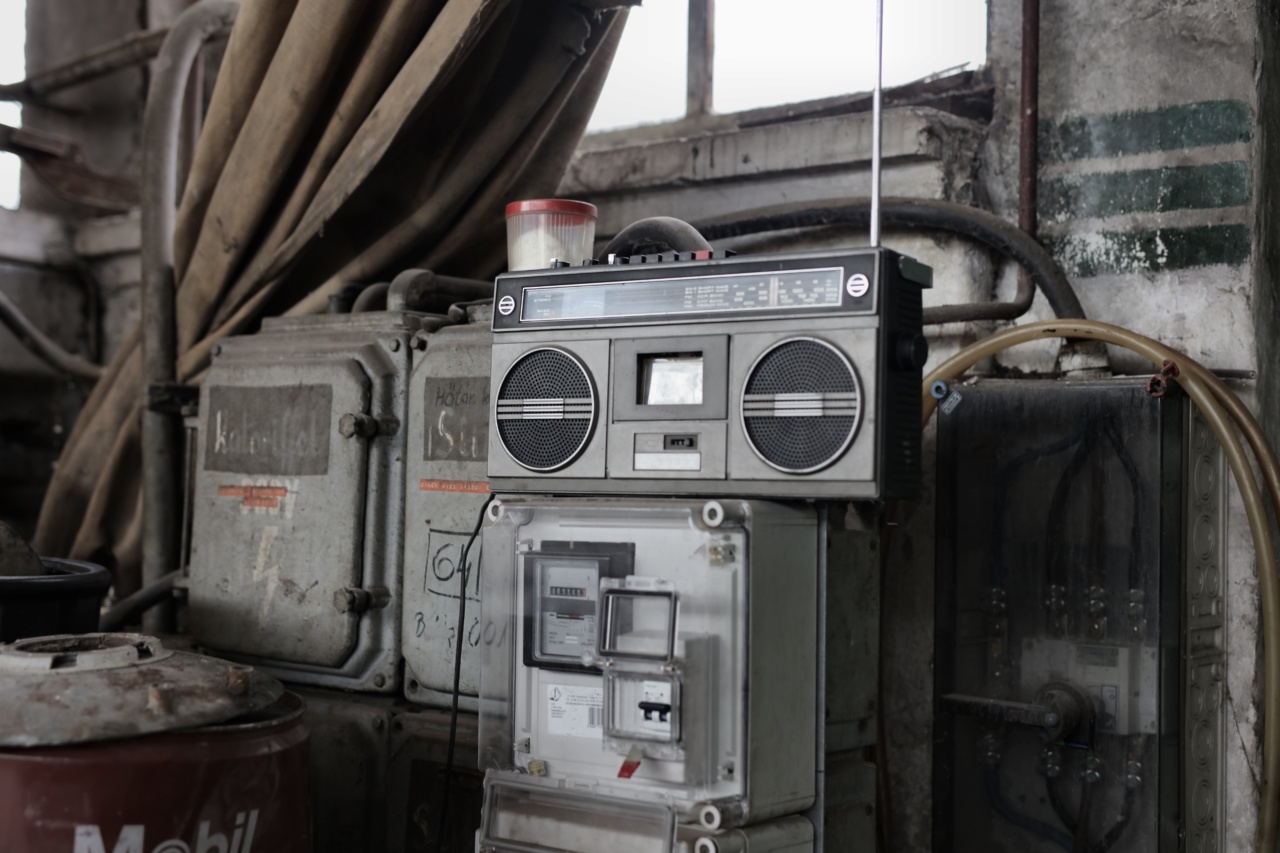Electrical damage can be a nightmare for homeowners and businesses alike. Whether it’s caused by a power surge, lightning strike, or faulty wiring, the costs of repairing electrical damage can quickly skyrocket.
That’s why having the right insurance coverage is essential to protect your property and finances.
What is Electrical Damage Coverage?
Electrical damage coverage is a type of insurance that provides protection against damage or destruction to electrical systems and appliances due to unforeseen events.
It typically covers the repair or replacement costs of damaged electrical equipment, as well as any related expenses such as temporary accommodations or loss of use.
This coverage is commonly included in most home insurance policies, but it’s important to review your specific policy to understand the extent of coverage provided.
For businesses, electrical damage coverage is often included in commercial property insurance policies or can be purchased as an additional endorsement.
Power Surge: A Common Cause of Electrical Damage
A power surge is one of the most common causes of electrical damage.
It occurs when there is a sudden and brief increase in electrical voltage, typically due to a lightning strike, electrical grid fluctuations, or the cycling of power-hungry appliances.
Power surges can wreak havoc on electrical systems, damaging appliances, wiring, and even sensitive electronic devices. Without proper coverage, homeowners or businesses may have to bear the full cost of repairing or replacing these damaged items.
Lightning Strikes: A Devastating Threat
Lightning strikes pose a significant risk to electrical systems, capable of causing severe damage to a property’s electrical infrastructure.
The immense power of a lightning strike can easily overwhelm electrical circuits, leading to fires, power surges, and the destruction of appliances.
Furthermore, the aftermath of a lightning strike can be just as damaging. Power outages resulting from lightning strikes can lead to the spoilage of perishable goods, disruption of business operations, and potential loss of revenue.
Having electrical damage coverage can help mitigate these risks and provide peace of mind in the face of such destructive forces.
Faulty Wiring: A Hidden Danger
Faulty electrical wiring is another common cause of electrical damage. Over time, wiring can deteriorate, become outdated, or be improperly installed.
These issues can lead to short circuits, power failures, and electrical fires that can cause extensive damage to a property’s structure and its contents.
Electrical damage coverage can help alleviate the financial burden of repairing or replacing damaged wiring. It can also cover the costs of finding and fixing the underlying issue, ensuring the property’s electrical system is safe and up to code.
Assessing Electrical Damage Coverage
When reviewing your insurance policy for electrical damage coverage, there are several factors to consider:.
1. Coverage Limits:
Make sure your policy provides adequate coverage limits to replace or repair damaged electrical equipment. Underinsuring can leave you with out-of-pocket expenses, while overinsuring can lead to unnecessarily high premiums.
2. Exclusions:
Check for any specific exclusions in your policy that may limit or exclude coverage for certain types of electrical damage.
These exclusions are commonly found in policies covering pre-existing electrical issues or damage resulting from neglect or improper maintenance.
3. Perils Covered:
Understand the perils covered by your policy.
Some policies may cover a wide range of events, including power surges, lightning strikes, and electrical fires, while others may only cover specific perils or require separate endorsements for comprehensive coverage.
4. Deductibles:
Deductibles are the amount you must pay out of pocket before your insurance coverage kicks in. Make sure you are comfortable with the deductible amount stated in your policy.
Higher deductibles can lower premium costs but may result in higher initial out-of-pocket expenses.
The Importance of Professional Electrical Inspections
Prevention is always better than cure when it comes to electrical damage. Regular electrical inspections by qualified professionals can help identify potential hazards or outdated wiring, reducing the likelihood of electrical damage incidents.
Additionally, some insurance companies may require an electrical inspection as a prerequisite for obtaining or renewing electrical damage coverage.
These inspections not only ensure the safety and integrity of the electrical system but also provide evidence of its current condition for insurance purposes.
Conclusion
Electrical damage can occur suddenly and without warning, causing extensive damage to your property and appliances. Having comprehensive electrical damage coverage can save you from substantial financial losses and give you peace of mind.
Review your insurance policy to understand the extent of coverage provided and consider the risks associated with power surges, lightning strikes, and faulty wiring.
By assessing your coverage limits, understanding exclusions, and investing in regular electrical inspections, you can ensure that you have the necessary protection when electrical damage strikes.





















